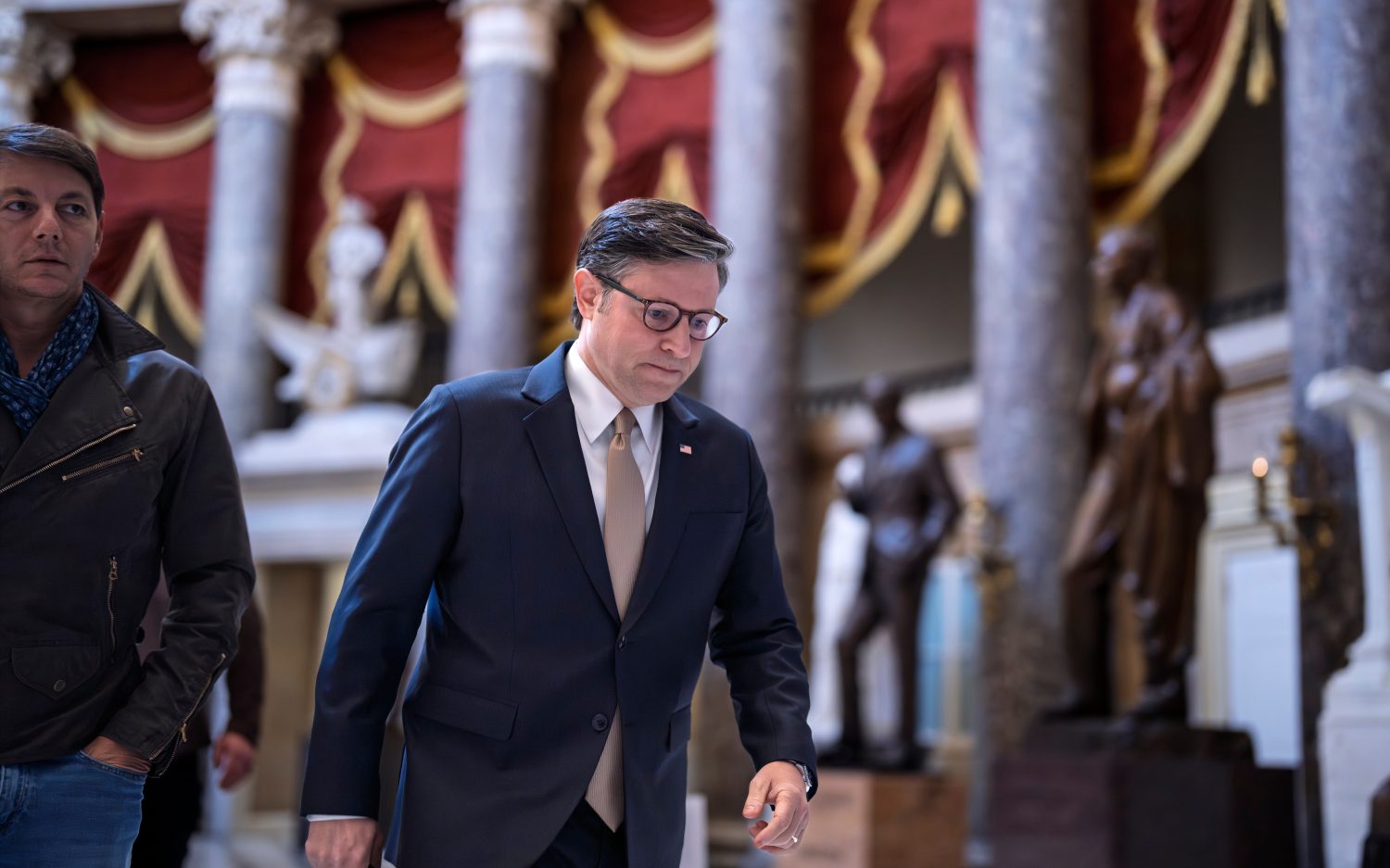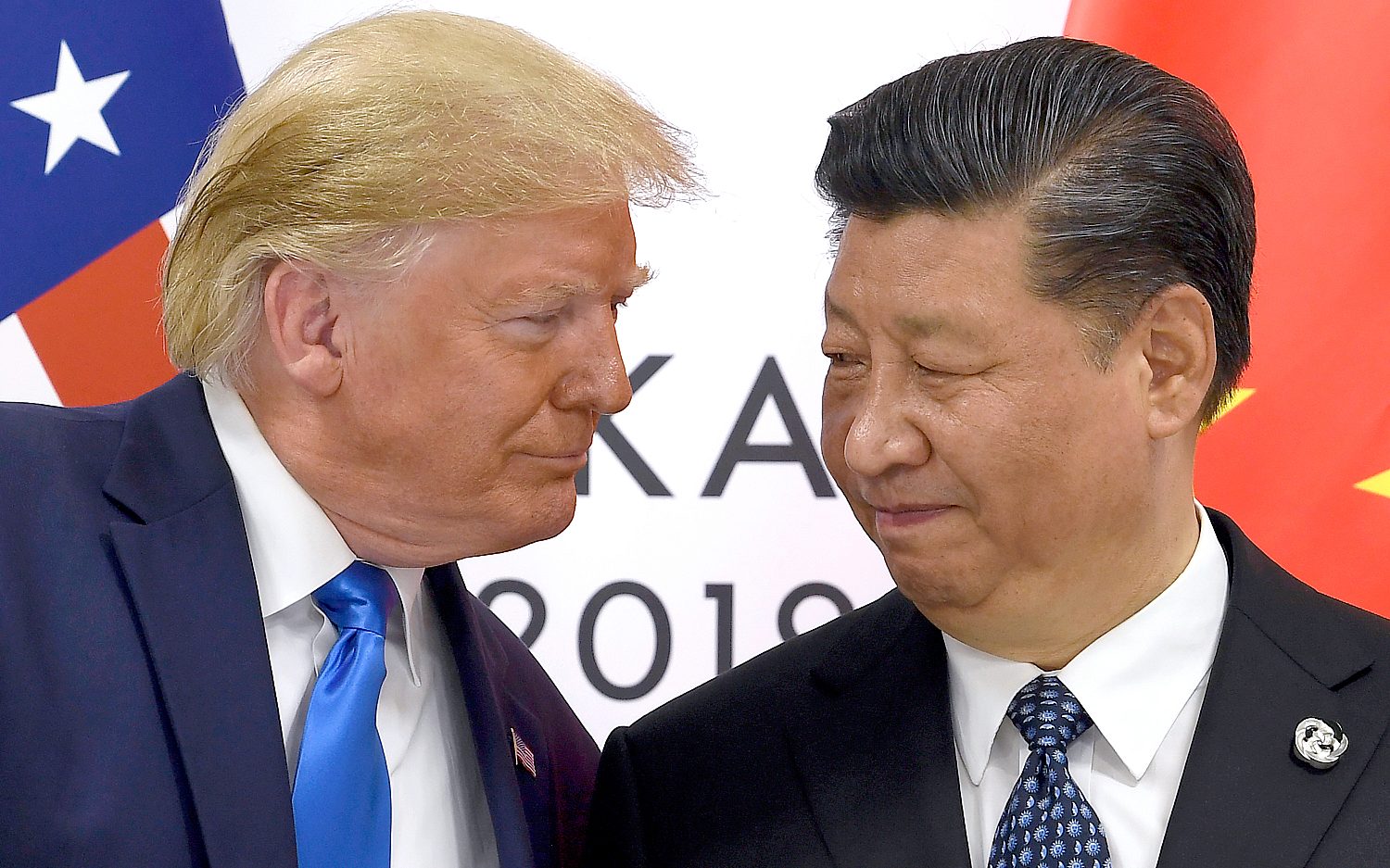Labor loses again
High court says public sector employees can now opt out of contributing to union political activities
WASHINGTON-The Supreme Court declined to end the suspense over the healthcare case Thursday, but it did issued some major decisions on cases that haven't been in the spotlight (see "Still clean TV").
In a defeat for labor unions, the court ruled 7-2 in Knox v. SEIU that the SEIU had violated public sector employees' constitutional rights by collecting dues for political purposes without giving them a real chance to opt out.
"The First Amendment not only protects the right to speak, it also protects the right to not be forced to say things with which we disagree," said Justice Samuel Alito, as he announced the majority opinion in court Thursday morning. "The union's conduct in this case is indefensible." Even if the union paid back employees who didn't want to fund political activities, employees would be providing the union with an "involuntary loan," Alito added.
The majority opinion said, in fact, that employees would have to opt-in to pay fees toward political campaigns. That means, likely, that only employees who enthusiastically support the union's political efforts would choose to pay the extra money. Justice Stephen Breyer, who filed a dissenting opinion, predicted that the opt-in requirement would "reduce union revenues significantly."
The controversy began in California during Gov. Arnold Schwarzenegger's administration, when he called a special election in 2005 to vote on two ballot propositions that public sector unions opposed. In this case, public employees all paid union dues to be represented in collective bargaining, even if they were not members of the union-what's known as an "agency shop." The SEIU alerted the employees that it would be upping its fees temporarily to cover campaigning against the propositions. Some of the employees filed a class-action lawsuit saying they had been forced to pay for the SEIU's political activities.
Alito, in the majority opinion, said that the burden should not be on employees who object to infringements on their free speech but instead on the unions to find willing funders for their speech.
"Our cases have tolerated a substantial impingement on First Amendment rights by allowing unions to impose an opt-out requirement at all," wrote Alito, who noted that the famous Citizens United case protected unions' right to express their political views "without government interference. But employees who choose not to join a union have the same rights."
Justice Sonia Sotomayor voted with the majority but wrote a blistering concurring opinion that Justice Ruth Bader Ginsburg joined about the "opt-in" portion of the ruling. Sotomayor said the majority's position requiring employees to opt-in was outside the scope of the case, because even the plaintiffs hadn't mentioned the phrase "opt-in" in any of their briefs. The majority opinion "breaks our own rules," she said, by not allowing lawyers on either side to debate in court the question of opting in, "and, more importantly, disregards principles of judicial restraint."
Breyer, in his dissent with Justice Elena Kagan, said he agreed with Sotomayor's criticisms.
The decision serves as another setback to public sector unions, which have been on their heels since several states-most prominently Wisconsin and Ohio-passed laws over the last year curtailing public sector unions' collective bargaining power.
The political prowess of unions has also been in question, as they failed to unseat Wisconsin Gov. Scott Walker in a rare recall election earlier this month, despite pouring millions into the race. Still, conservative groups heavily outspent the labor unions, and with this ruling, it is likely that unions will have even less money to spend in elections going forward.
Listen to a report on the Supreme Court's decisions on WORLD's radio news magazine The World and Everything in It.
An actual newsletter worth subscribing to instead of just a collection of links. —Adam
Sign up to receive The Sift email newsletter each weekday morning for the latest headlines from WORLD’s breaking news team.





Please wait while we load the latest comments...
Comments
Please register, subscribe, or log in to comment on this article.